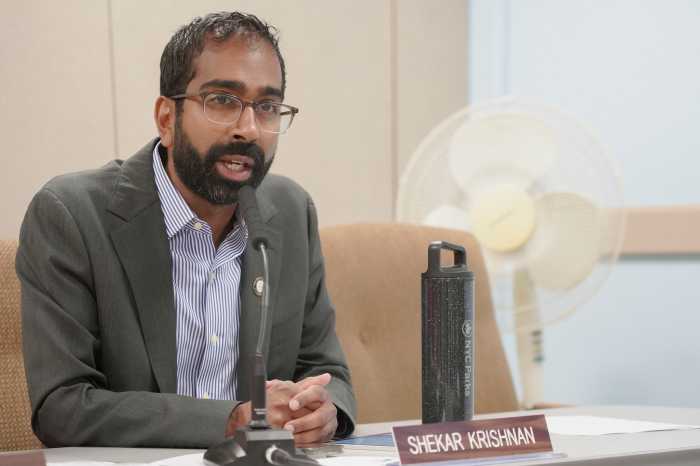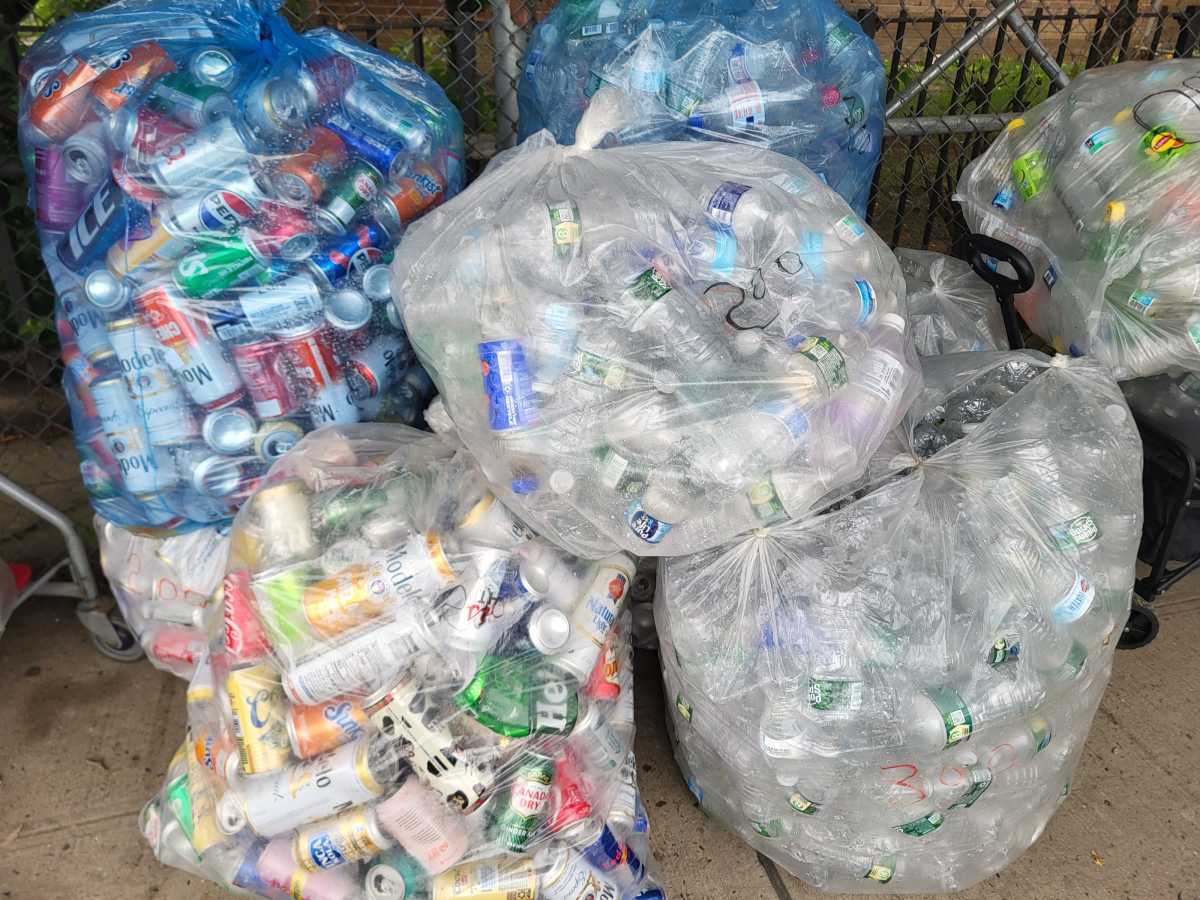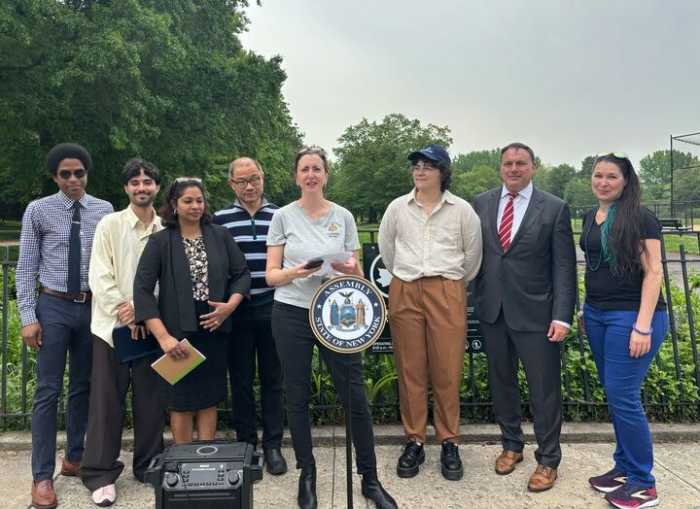The City Council’s narrow vote to charge the city’s grocery shoppers for carrying home their foodstuffs in plastic and paper is a mixed bag.
Plastic bags are part of every New Yorker’s DNA. The emotional and cultural attachment to the petroleum product led to a slim 28-20 victory for the anti-plastic camp in the Council, where the Queens delegation was divided over the 5-cent fee.
The intent of the measure is beyond reproach: The city must become environmentally responsible by weaning itself off plastic bags and reduce the $12.5 million annual bill for hauling plastic and paper bags to landfills.
But New York City is not Washington or California, which have similar laws.
Many New Yorkers, including residents of the more urban areas of Queens, walk to the grocery store and live their lives transporting their stuff in plastic bags. This is a city dominated by the pedestrian culture, which means wrapping wet umbrellas in plastic bags, lugging textbooks in plastic bags, hauling groceries in five smaller plastic bags to balance the load and disposing of the family pets’ calling cards on the sidewalk in plastic bags.
The homeless woman with her shopping cart filled with belongings tied up in plastic bags is an extreme symbol of how New Yorkers operate: We move our treasures from A to B in plastic bags as we roam the city on foot.
The nickel fee should motivate some shoppers to opt for free reusable bags, which will cut down on waste, but the key for consumers is to remember to bring them to the store in the first place. Adding more items to the urban equivalent of the backpack that many New Yorkers schlepp to work everyday on the subway and bus is a problem.
It will be a pleasure come October to find fewer white bags dangling from trees among the autumn leaves. And we hope the city’s projections of slashing bag waste by at least 60 percent are correct.
But the burden of this well-meaning measure is expected to fall on lower- and middle-income residents as well as senior citizens, who often shop daily. There are exemptions for families on food stamps. Yet what about the struggling family of four who has to shell out an extra $2 a week for plastic bags or rely on washing out reusable bags, which may pose a health risk?
Perhaps most troubling, the minimum 5-cent fee can be raised by the grocery store owner, who is not required to recycle any portion back to the city.
The plastic bag tax is a fine idea, but there are winners and losers. Let’s see if it works.




































